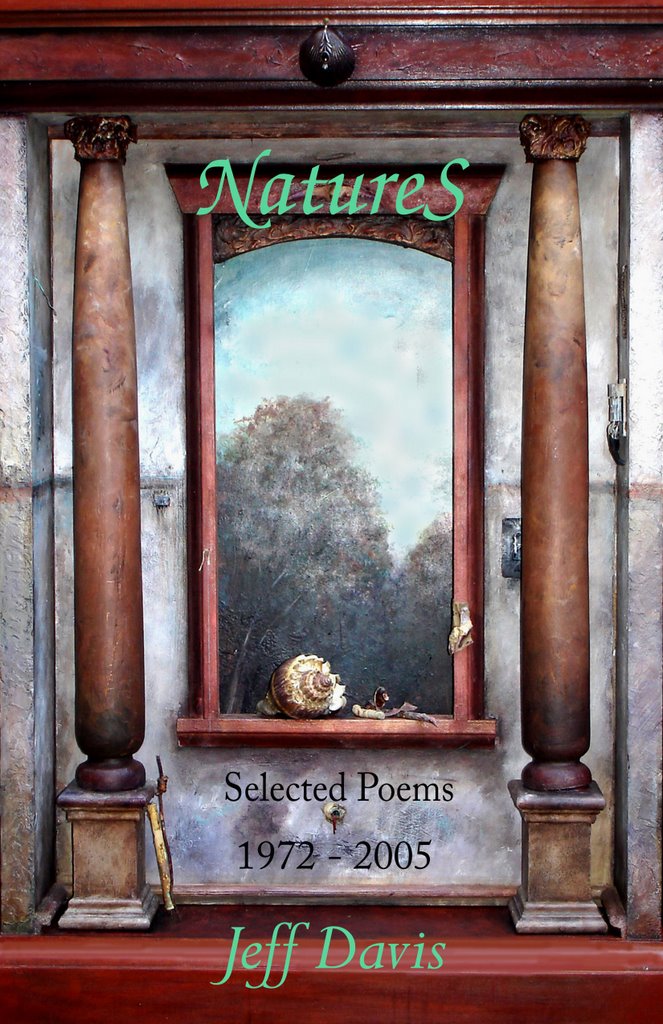Simic's Creeley
Much growling and gnashing of teeth to be heard recently in the areas of Poetryland that include the Buffalo Poetics list. The occasion? Charles Simic's dismissive review of the Robert Creeley's work, particularly the second volume of his Collected Poems, in the New York Review of Books.
The nut of what Simic has to say seems to me this (sorry, no link, as it's not free content):
There'll certainly be more to say about all this, but I liked Lisa Janot's quick note:
The nut of what Simic has to say seems to me this (sorry, no link, as it's not free content):
American poetry is full of daybooks, poets who report everything they see and think and who keep doing the same thing for years, but they usually pay better attention to what goes on around them than he does, filling their poems with nicely observed details and memorable stories. Not Creeley. He doesn't gossip, doesn't confess secrets, doesn't have a rich imaginative life, doesn't write about nature or cities, and has nothing to say about history. His kind of poem, he informs us in his Paris Review interview, is done in one sitting, literally in the time it takes to type it or otherwise write it, usually without any process of revision. The aesthetic theory—and there is always a theory behind such reductive views—may sound persuasive, but it was foolish on Creeley's part to believe that it could ever validate a poem. If poetics were like cooking and one could write down a recipe for all of one's future poems, that would be true. However, great cooks rarely bother to consult cookbooks.That follows, of course, a complete misreading of Pieces, a pivotal volume in Creeley's career, in which he took apart the conventional poem and began the exploratory ventures of his later work - and opened vast new territories for American poetry in the process.
This may sound harsh, but reading the hundreds of poems that Creeley wrote after Pieces, I could not come to any other conclusion. The second volume, The Collected Poems of Robert Creeley, 1975–2005, which has poems written just before he died in 2005, is especially hard going. The better poems are rare and come after many pages of banal musings on aging, decline of his faculties, and death, in a language that is flat and thoroughly predictable.
There'll certainly be more to say about all this, but I liked Lisa Janot's quick note:
As the good cats of Lisablog say, Charles Simic has his head up his ass. Cree rhymes with mastery.
Labels: Charles Simic, poetry, Robert Creeley

0 Comments:
Post a Comment
<< Home